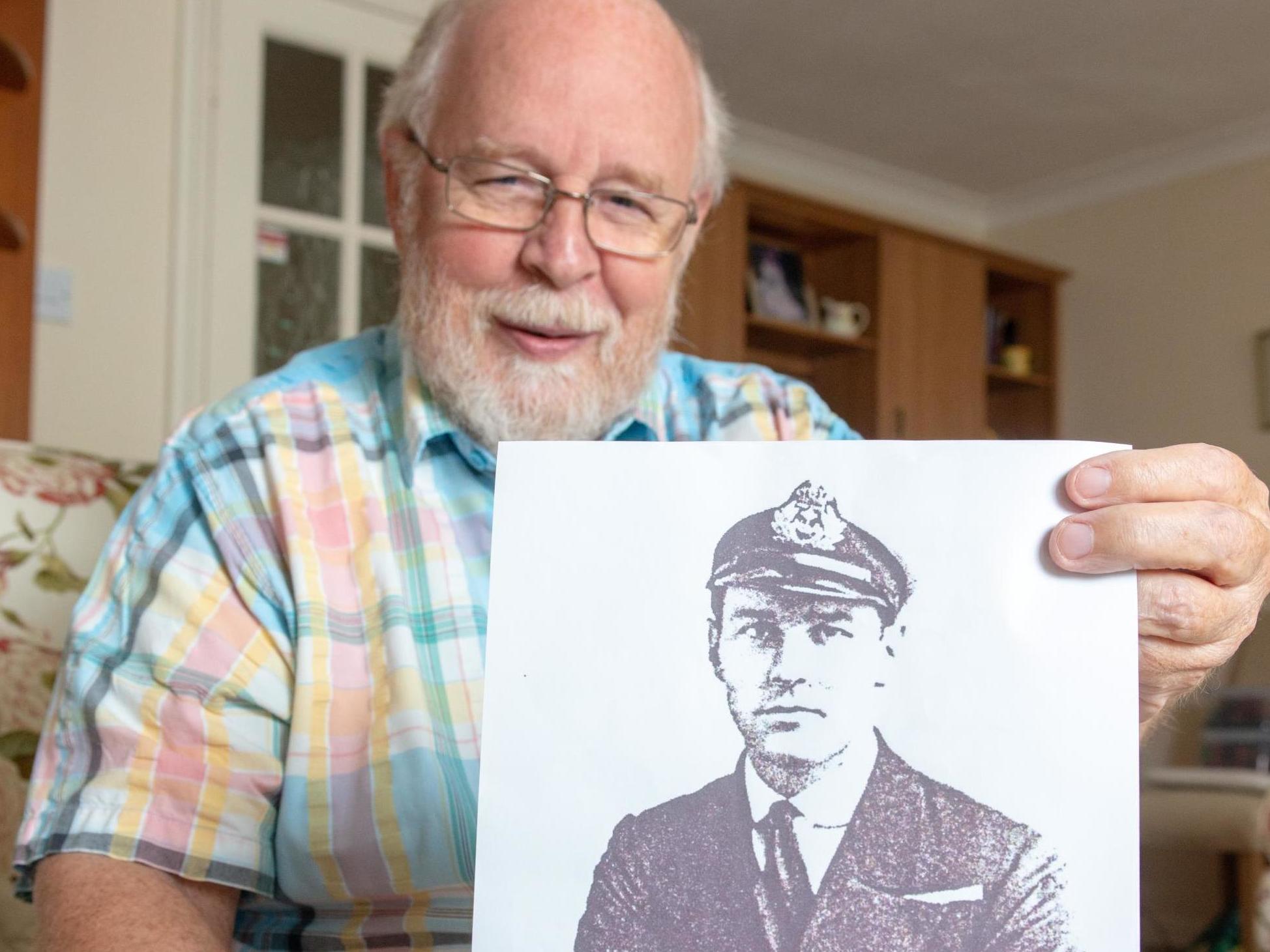Man hears voice of uncle killed in Second World War after lost recordings found on eBay
'It was a shock – I was amazed, as you can imagine,' says nephew of war hero
Your support helps us to tell the story
From reproductive rights to climate change to Big Tech, The Independent is on the ground when the story is developing. Whether it's investigating the financials of Elon Musk's pro-Trump PAC or producing our latest documentary, 'The A Word', which shines a light on the American women fighting for reproductive rights, we know how important it is to parse out the facts from the messaging.
At such a critical moment in US history, we need reporters on the ground. Your donation allows us to keep sending journalists to speak to both sides of the story.
The Independent is trusted by Americans across the entire political spectrum. And unlike many other quality news outlets, we choose not to lock Americans out of our reporting and analysis with paywalls. We believe quality journalism should be available to everyone, paid for by those who can afford it.
Your support makes all the difference.The nephew of a naval officer who died during one of the great battles of the Second World War has been able to hear his uncle’s voice again after recordings made on British ships turned up on eBay.
Robert Terence Grogan - better known as Terry Grogan – died alongside 1,415 other men when their ship was sunk by the Bismarck during the Battle of the Denmark Strait in 1941.
But in the years before the war, the Royal Navy man recorded his voice onto vinyl using specialist equipment and posted the messages home.
His nephew Peter Jefferson, 73, was amazed to discover the existence of the unique recordings after a historian found the rare pressings on sale for £20 on the online auction site.
Dr Harry Bennett, associate professor of history at Plymouth University, said: “I bought them on eBay for £20. They were listed as some recordings on HMS Emerald and I thought I would take a punt.”
Mr Jefferson – a former BBC radio announcer and the voice of Radio 4’s shipping forecast for many years – said his uncle’s recordings had been lost by the family over the decades.
Most of them were thrown out by his mother – the naval man’s half-sister.
But the former BBC presenter was able to listen to them again during an emotional visit to the National Museum of the Royal Navy, where the vinyl is now being archived.

“It was a shock – I was amazed, as you can imagine,” said Mr Jefferson.
“Where we would send an email, people at that time would write letters but he didn’t – he recorded his letters. He would record what he was doing, what he was seeing, and what he was missing back home.
“It was all before the war, he couldn't have made it through the war because he would have been thrown in the irons I should have thought, for treason,” Mr Jefferson added.
“It was his diary really.”
Terry Grogan recorded the messages using personal equipment he transported with him wherever he went. Some were made while he was in India and the Middle East in the 1930s.
In one recording he can be heard talking about the “abominable” heat and playing tennis.
The historian Dr Bennett donated Mr Grogan’s vinyl collection to the National Museum of the Royal Navy in Portsmouth, but arranged for a private listening session for the sailor’s nephew.
Dr Bennett has also digitally transferred the precious messages onto a memory stick for Mr Jefferson.
SWNS

Join our commenting forum
Join thought-provoking conversations, follow other Independent readers and see their replies
Comments